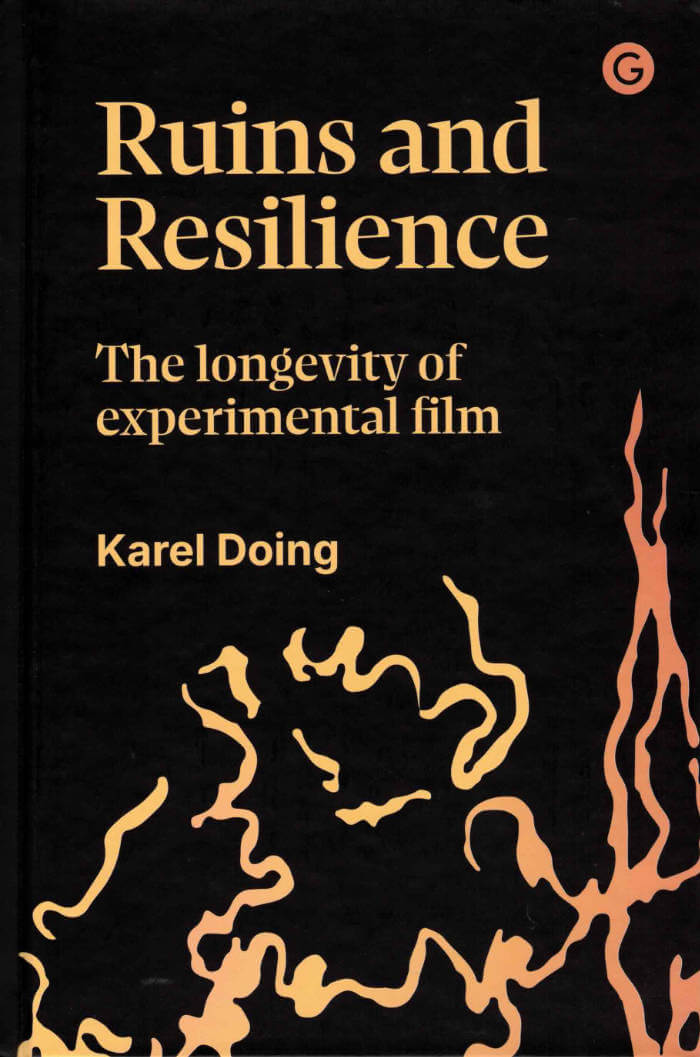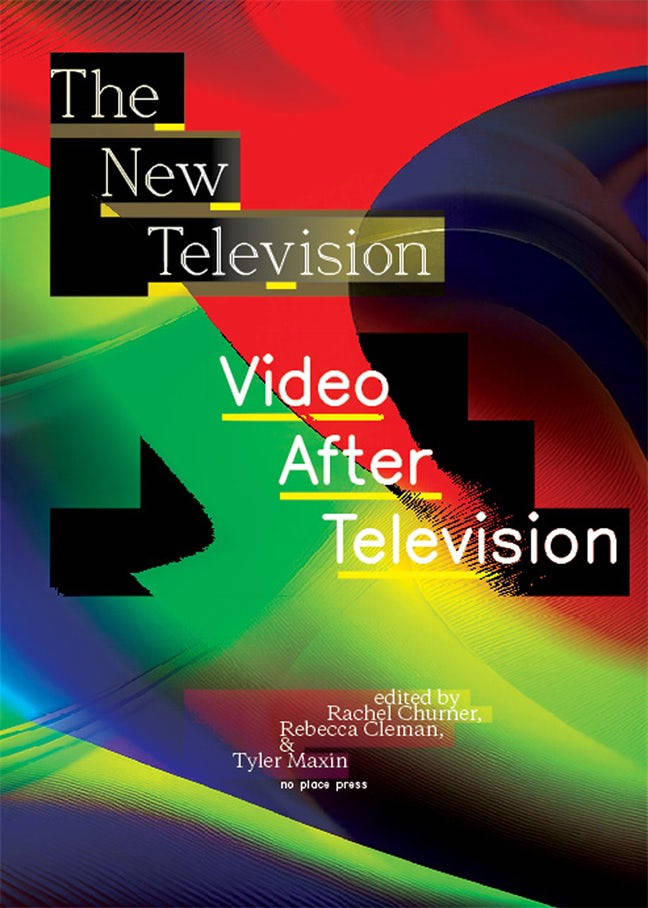
Scrapbook – 40 ans de Light Cone
Federico Rossin ed.
A visual anthology compiling the contributions of the filmmakers who are part of the Light Cone collection, a key institution for the distribution, promotion and preservation of experimental cinema in France and around the world, on the occasion of its 40th anniversary.
2022 marks an important moment for Light Cone: its 40th anniversary. Such an event should be celebrated in the best possible way. Light Cone has come together thanks to the filmmakers whose films entered the collection over the years. We've decided to invite them to participate in an editorial project, a book in which we would publish their contributions: letters, postcards, photographs, drawings, film stills, collages, etc., which they have sent us for the occasion of the anniversary. A collective scrapbook in which the materiality of the objects—paper, photos, colors, handwritten notes—evokes that of analog cinema, which we have always defended. A book of images is born, and through the creation of this micro-collection, so is a portable museum of about one hundred pieces, which are ready to be exhibited and which will remain in the care of Light Cone's archive.
With Michel Amarger, Martin Arnold, Caroline Avery, Peter-Conrad Beyer, Giuseppe Boccassini, Patrick Bokanowski, Louise Bourque, Robert Breer, Dietmar Brehm, Claudio Caldini, Stefano Canapa, Abigail Child, Pip Chodorov, Martha Colburn, Philippe Cote, Sandra Davis, Frédérique Devaux, Karel Doing, Anja Dornieden, Flatform, Cécile Fontaine, Olivier Fouchard, Su Friedrich, Siegfried Alexander Fruhauf, Peter Gidal, Milena Gierke, Christoph Girardet, Juan David, Gonzalez Monroy, Christophe Guérin, Nicky Hamlyn, Barbara Hammer, Teo Hernandez, Tony Hill, Mike Hoolboom, Jakobois, Larry Jordan, Patrice Kirchhofer, Maria Kourkouta, Alexandre Larose, Christian Lebrat, Emmanuel Lefrant, Maurice Lemaître, Jeanne Liotta, Rose Lowder, Johann Lurf, Pablo Marín, Mara Mattuschka, Bruce Mcclure, Miles Mckane, Luc Meichler, Barbara Meter, Peter Miller, Matthias Müller, Michel Nedjar, Dominique Noguez, Vivian Ostrovsky, Simon Payne, Emmanuel Piton, Charlotte Pryce, Gisèle Rapp-Meichler, Abraham Ravett, Emily Richardson, D.N. Rodowick, Gaëlle Rouard, Martine Rousset, Pierre Rovere, Ben Russell, Daïchi Saïto, Maki Satake, Sylvia Schedelbauer, Jeff Scher, Stanley Schtinter, Guy Sherwin, José Antonio Sistiaga, John Smith, Vicky Smith, Michael Snow, Malena Szlam, Mika Taanila, Marcelle Thirache, Trinh T. Minh-ha, David Wharry, Telemach Wiesinger, Antoinette Zwirchmayr.







